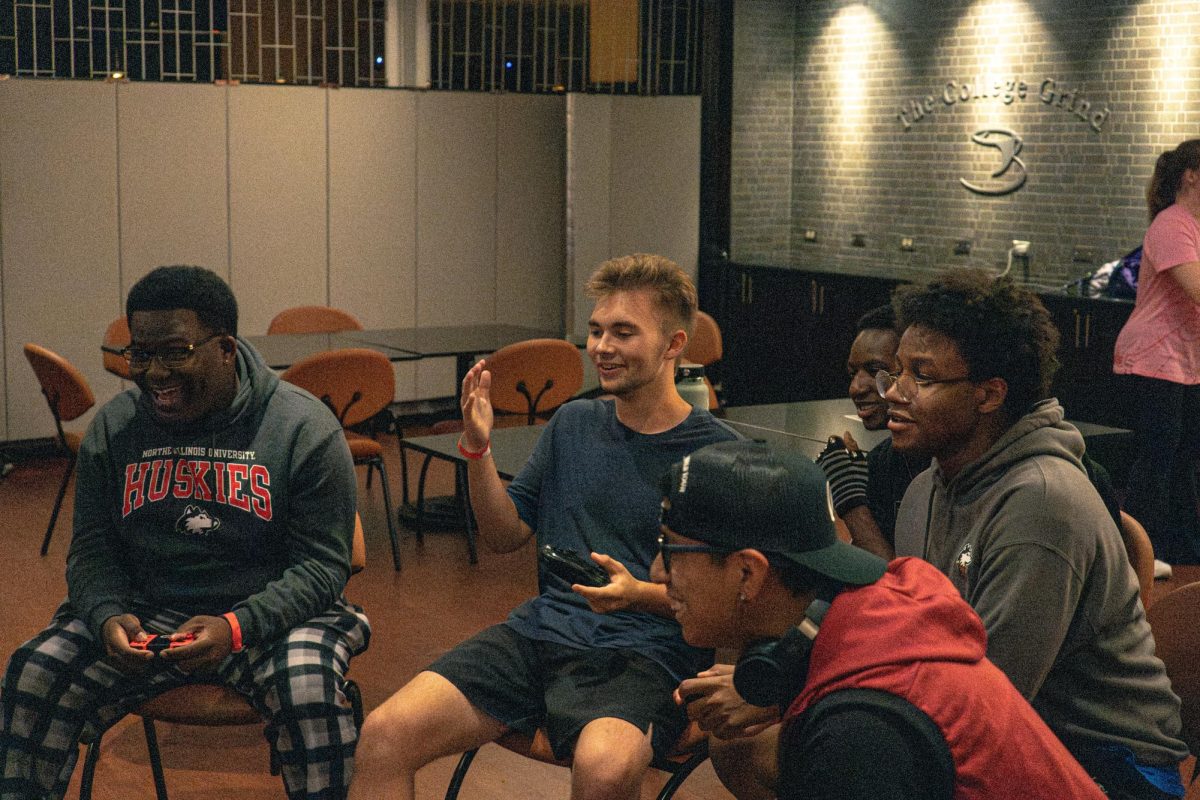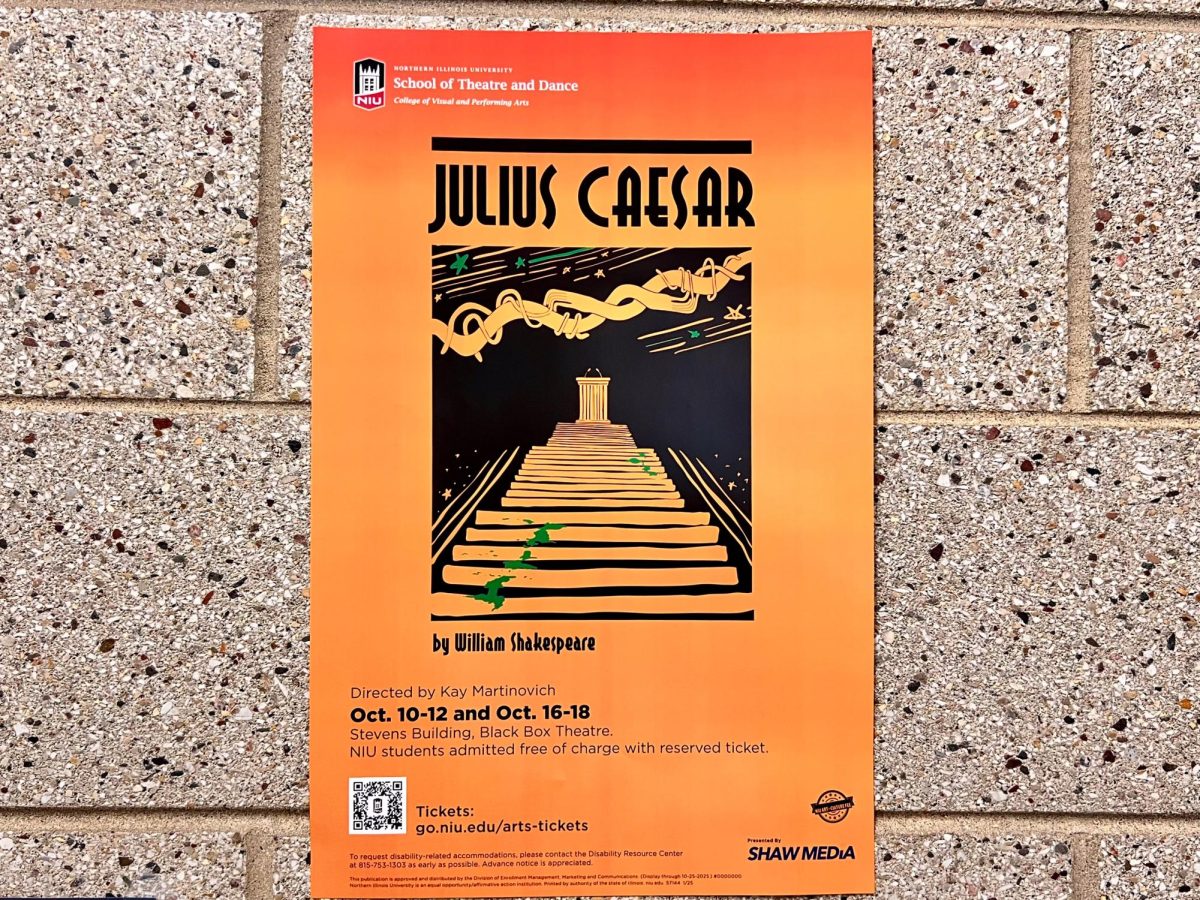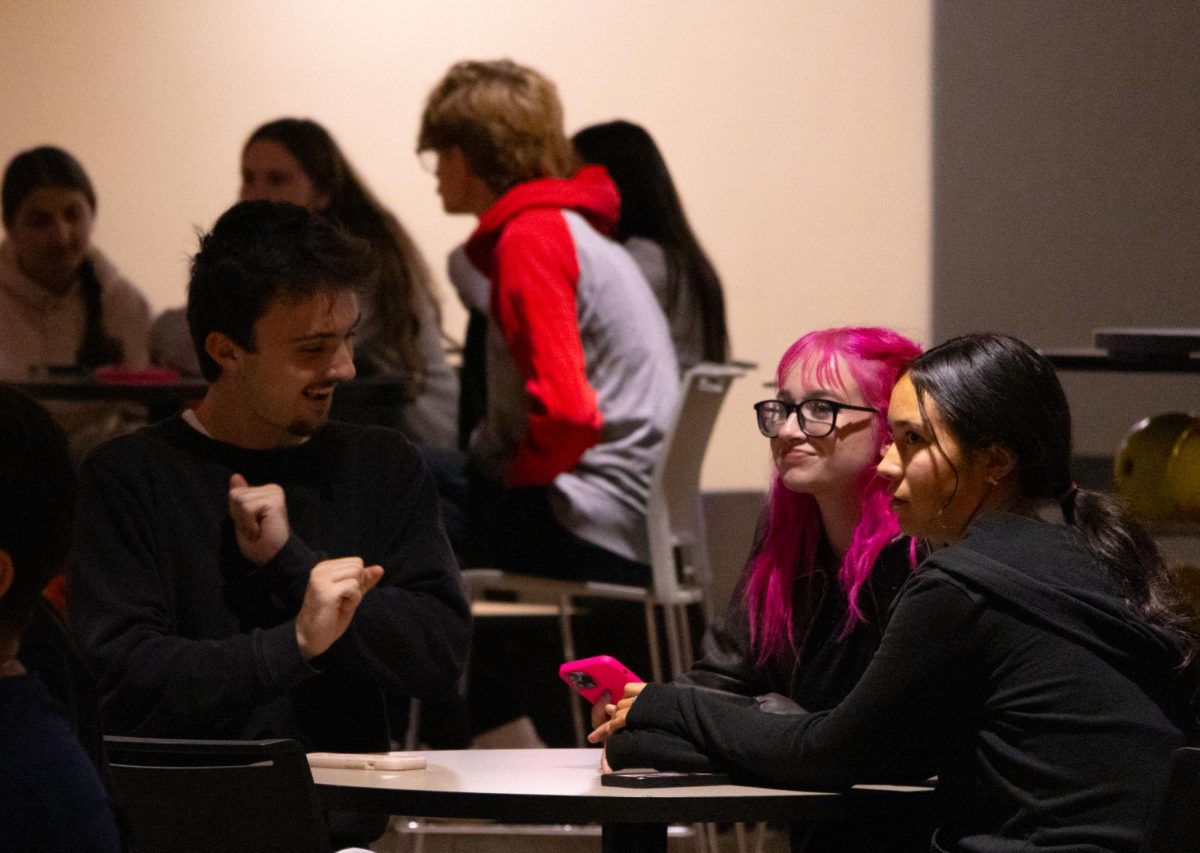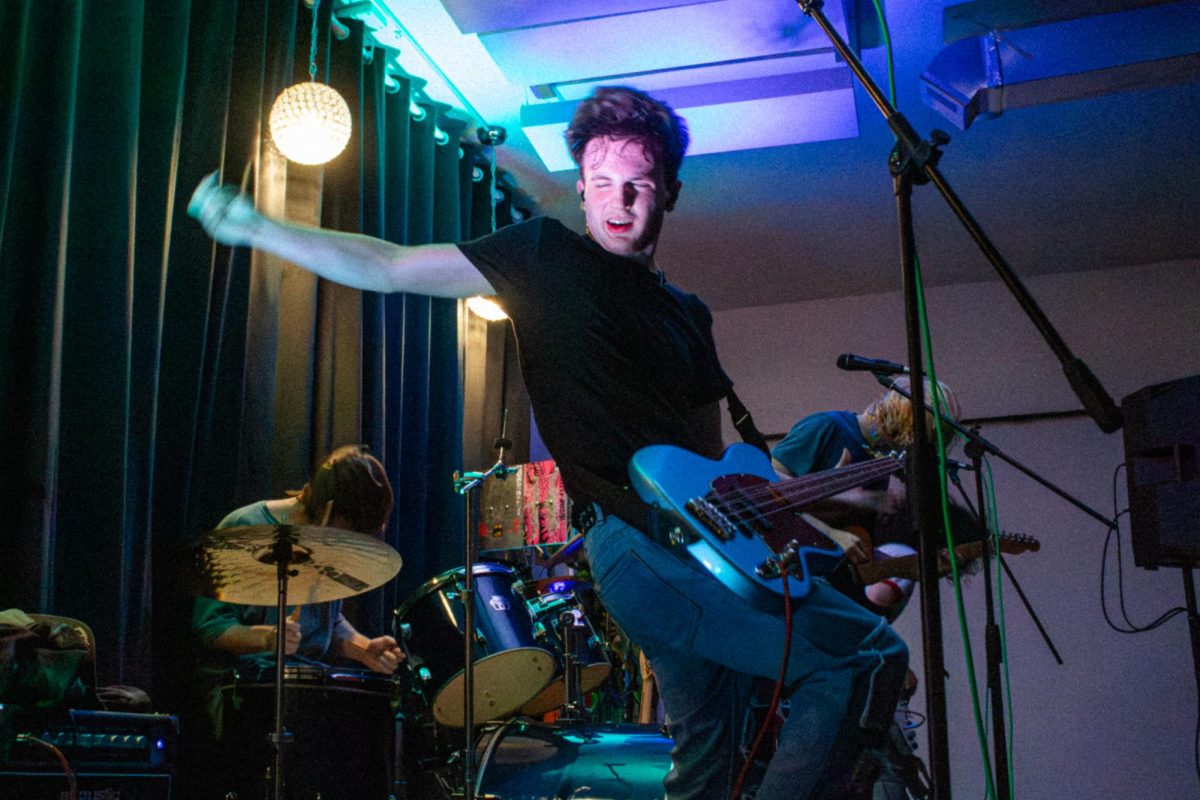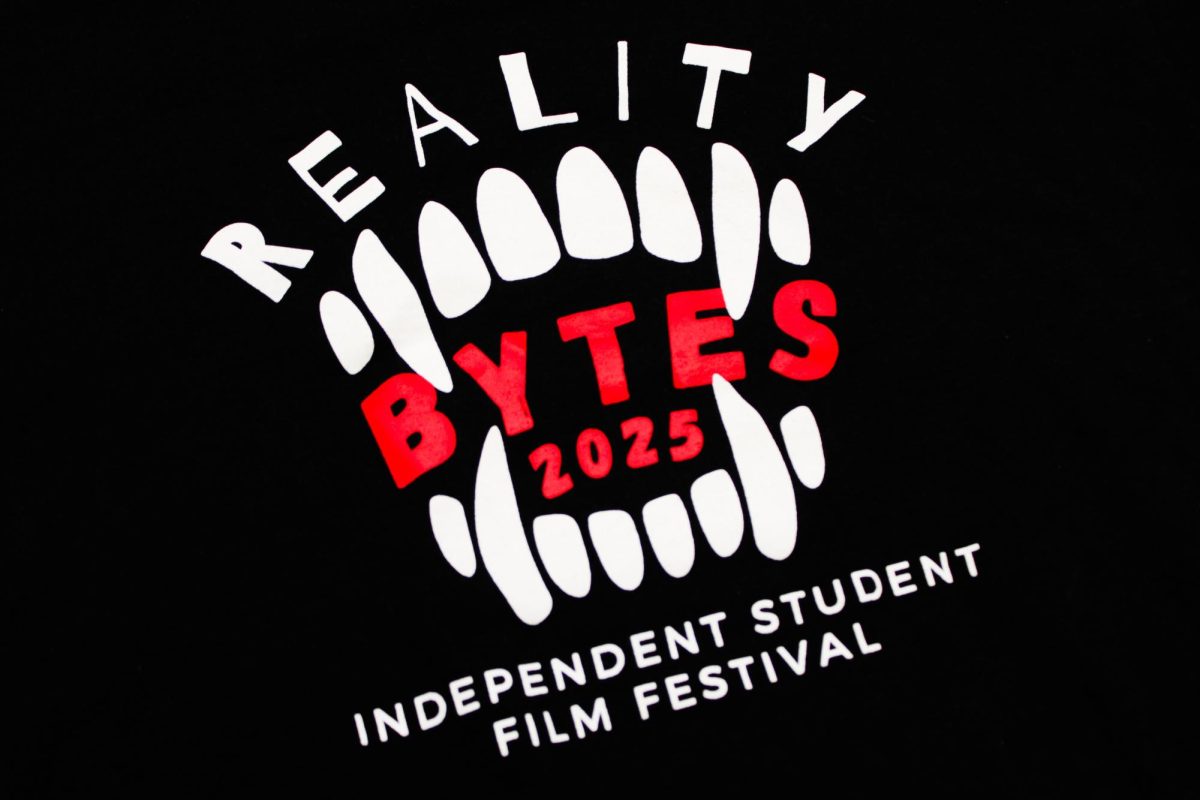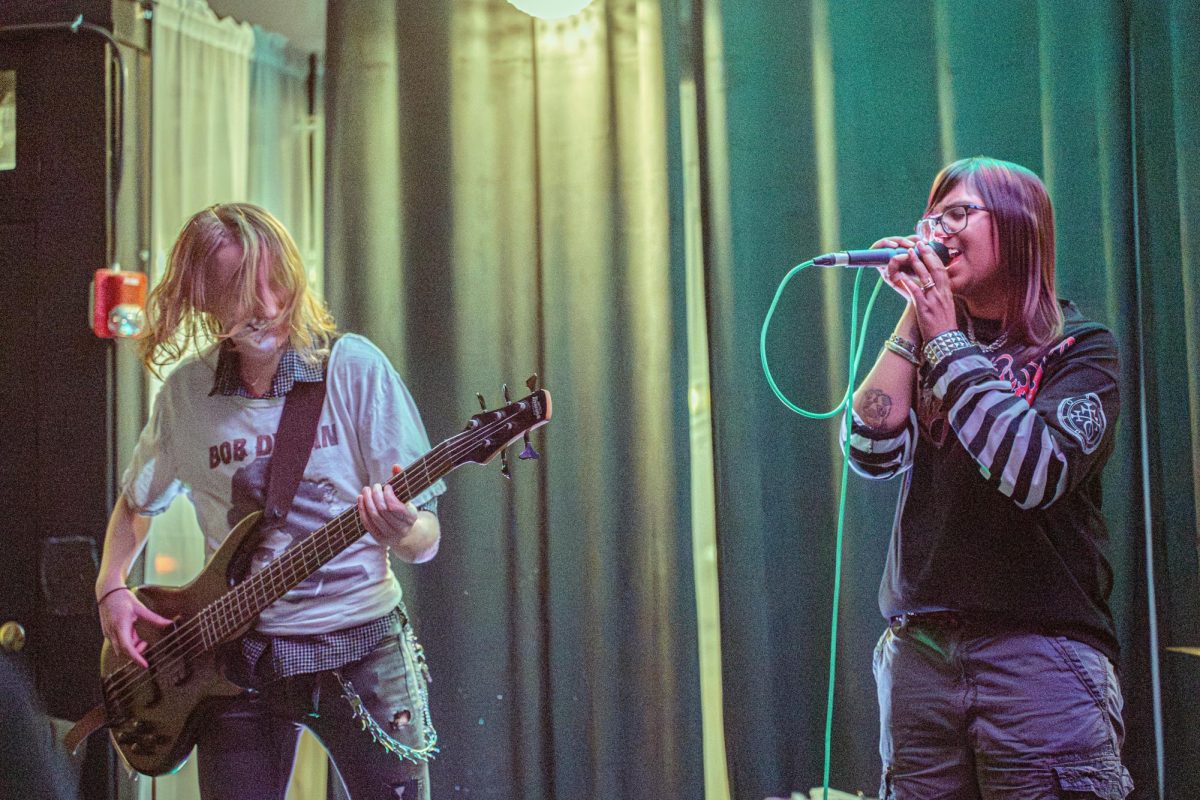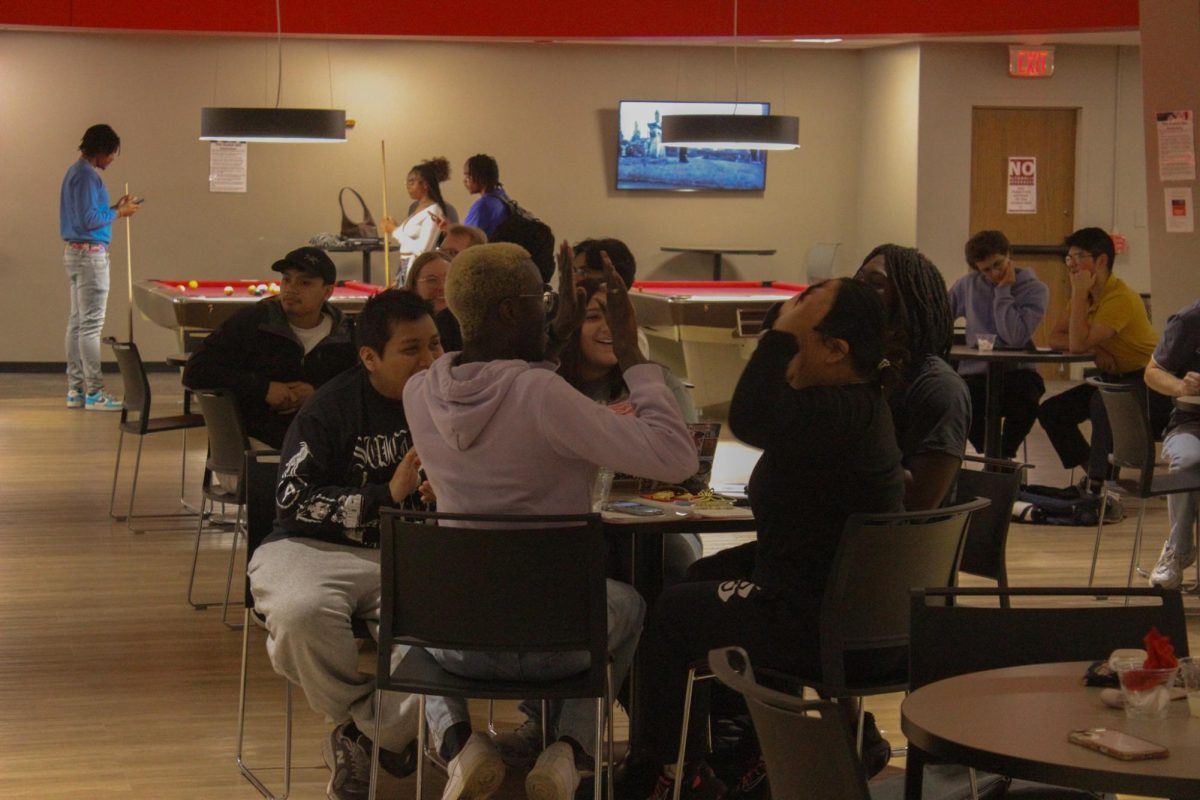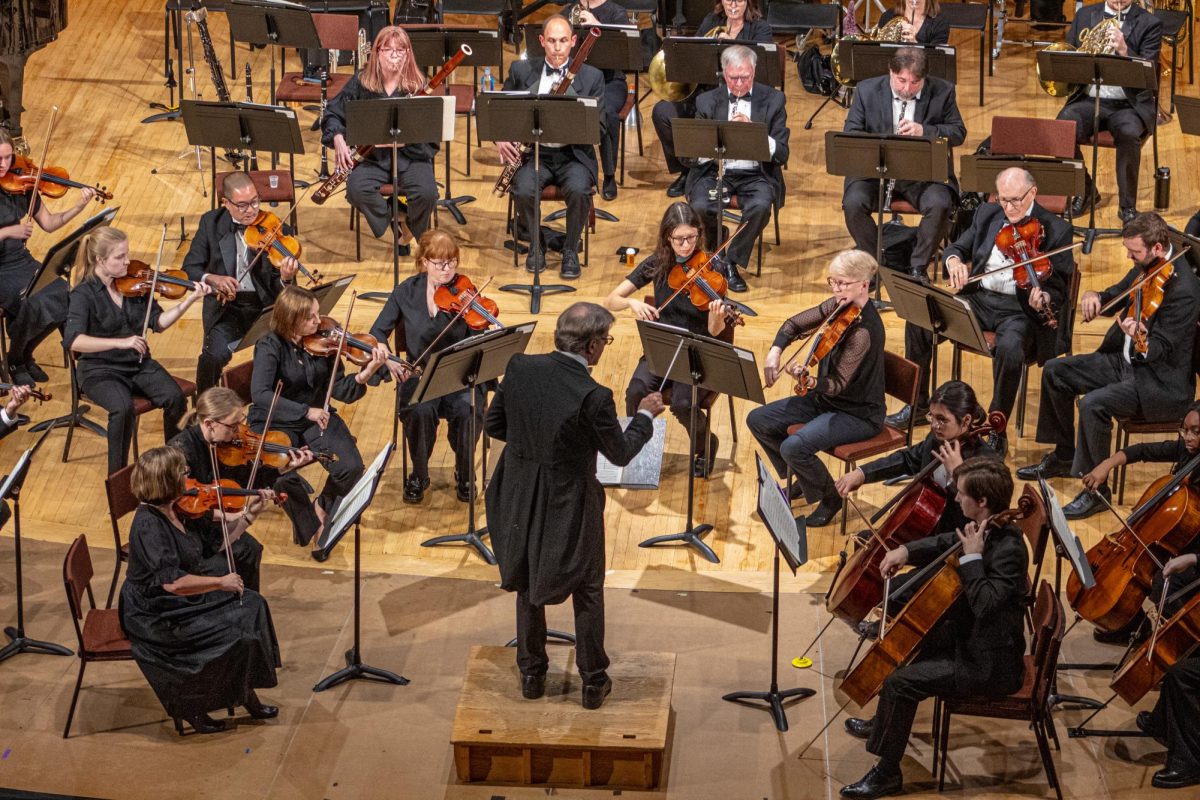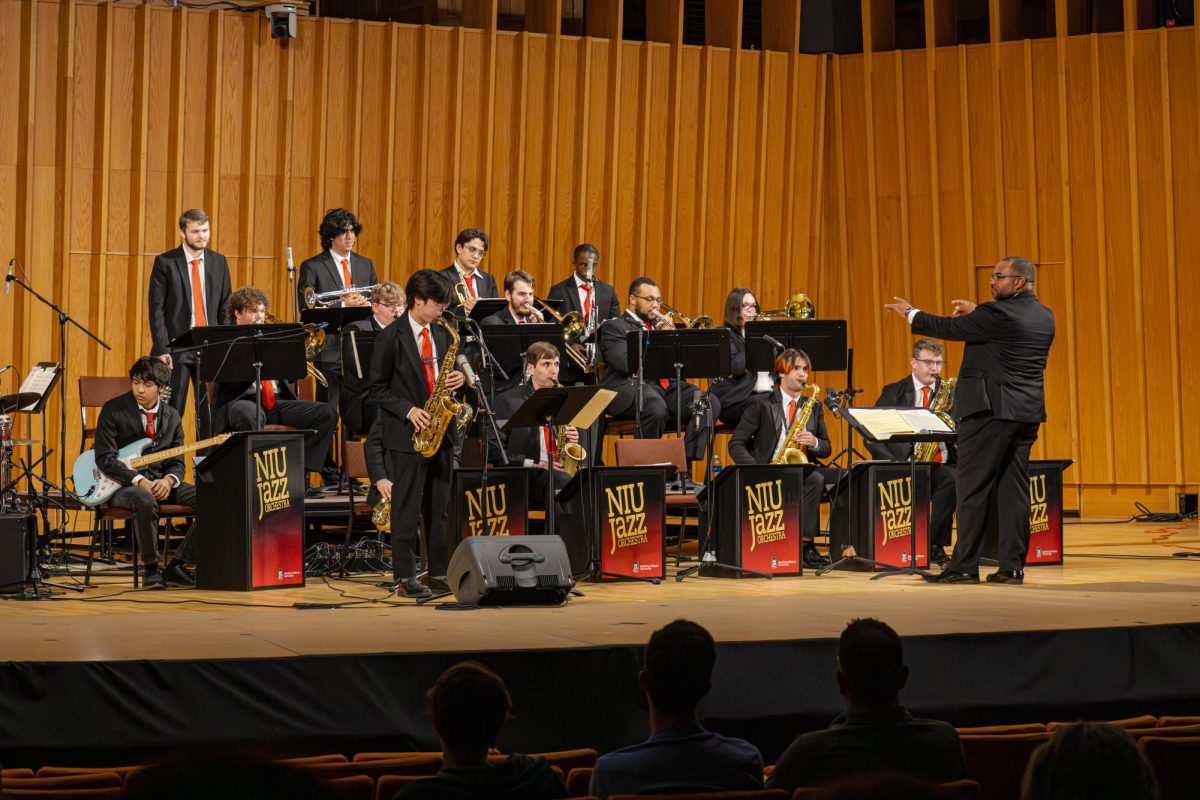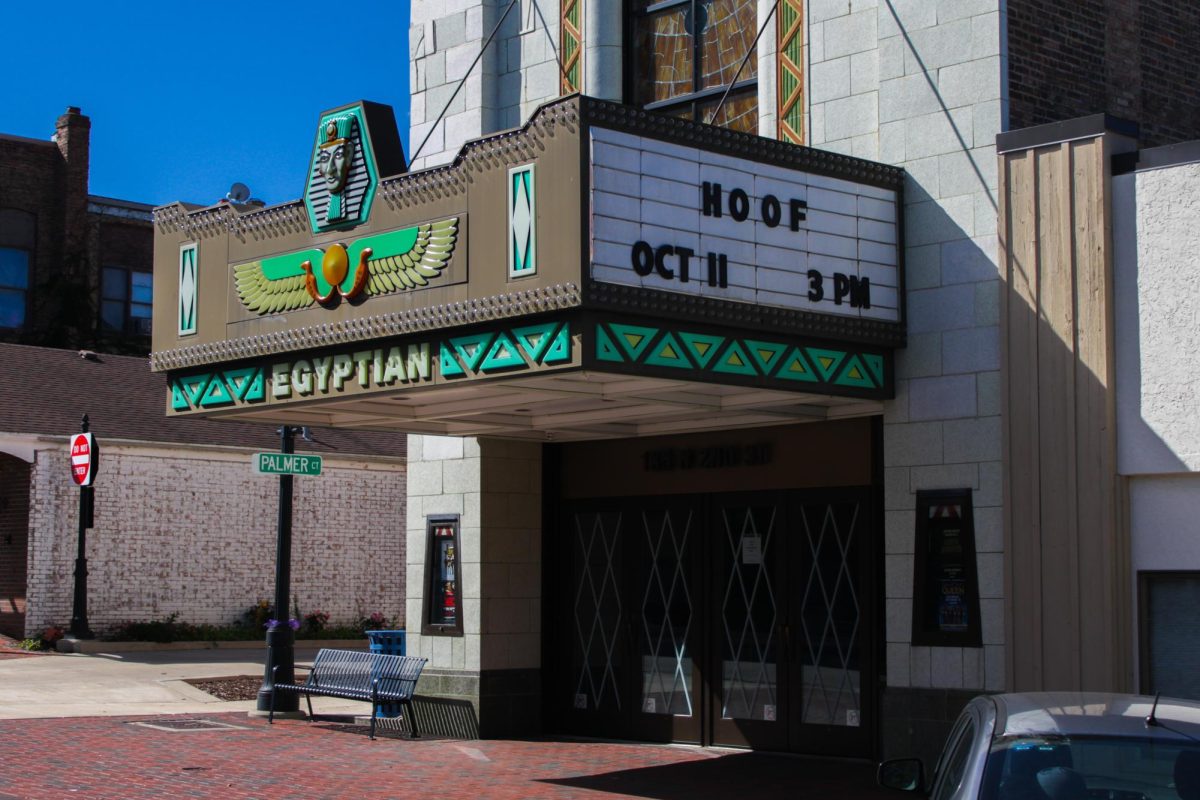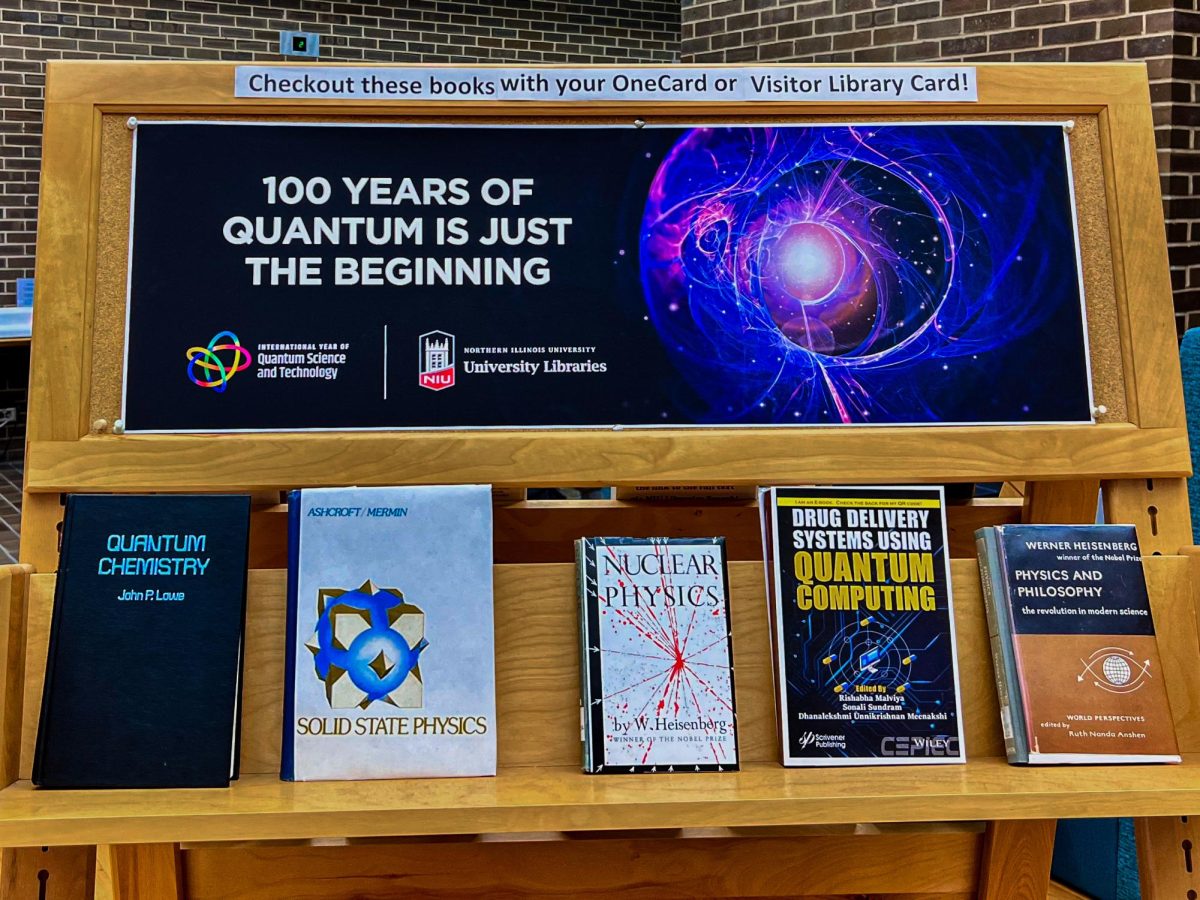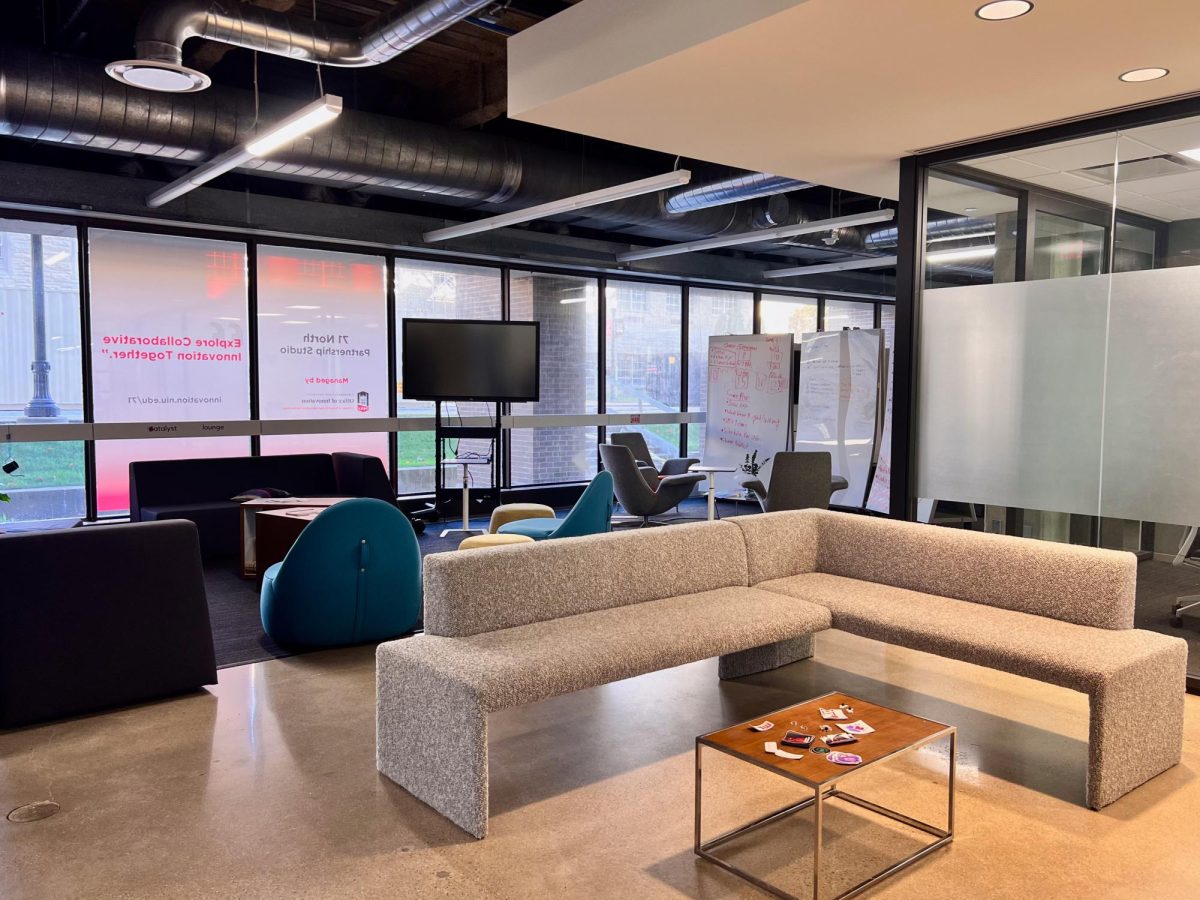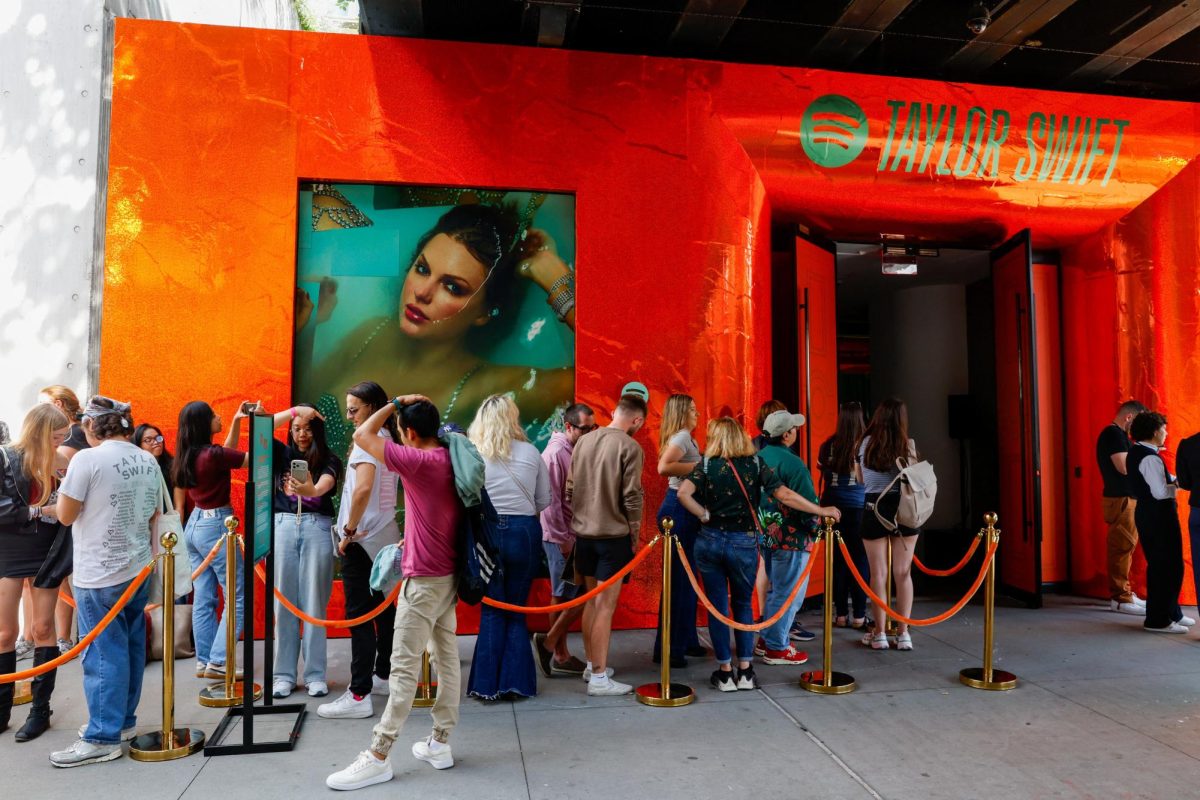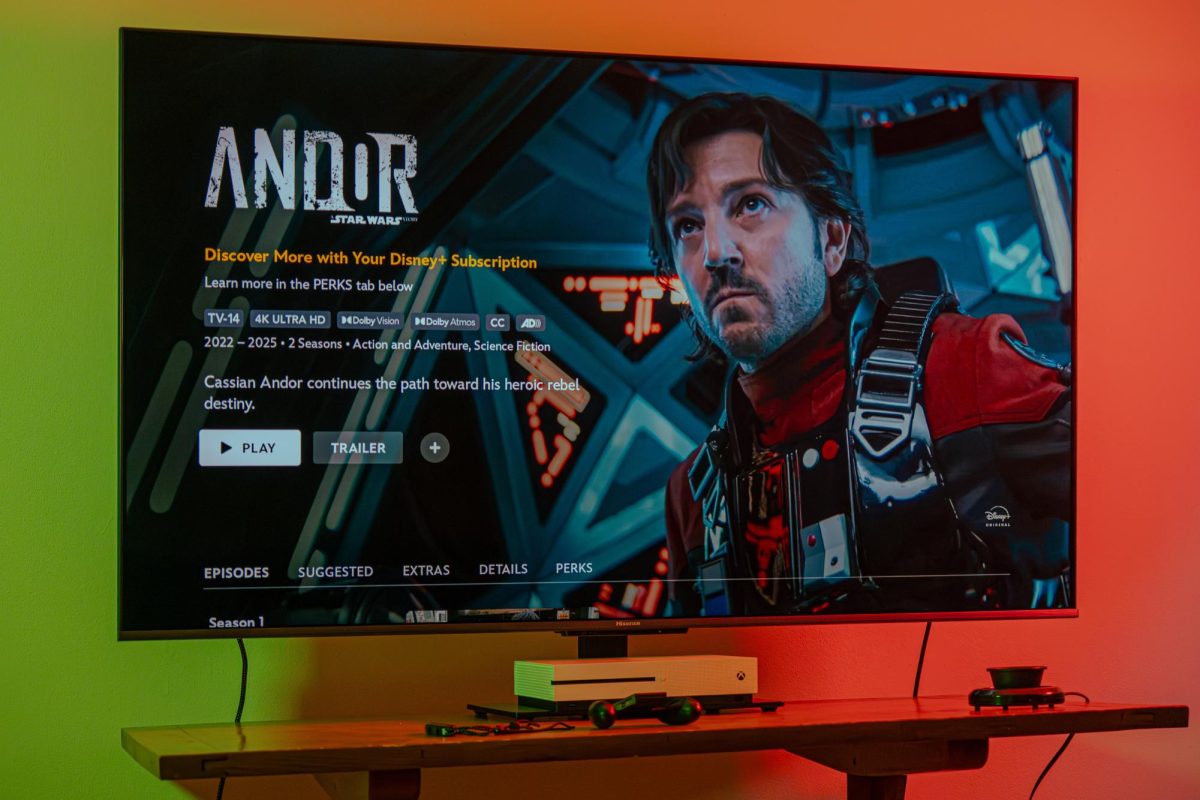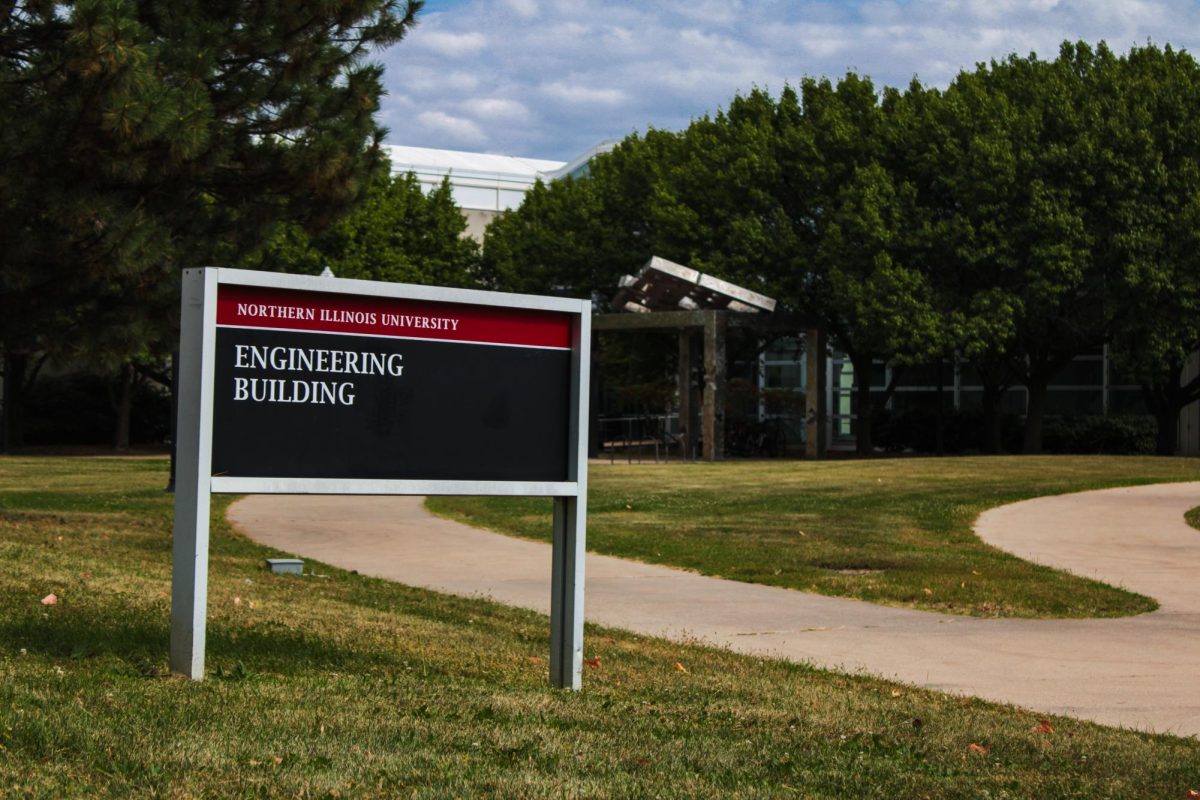Third places are described as areas between the workplace and the home, centered around relaxation, hobbies or spending time with friends and loved ones. They’re a focal point of modern socialization, one that helps people become more involved in their community.
Third places, first described by American sociologist Ray Oldenburg, exist as a meeting point for those looking to branch out from the monotony of the work-life balance. They act as casual spaces where people can socialize and form communities with one another on their own time.
Places like coffee shops and bars stand out as prime examples of these informal spaces. Coffee shops and bars provide space for a large number of people to chat and hang out while also offering a low cost of entry, depending on where you go.
Low cost is crucial to the idea of third places. Spaces like libraries and parks, which are publicly funded, don’t require any financial commitment from those wanting to enjoy their time in the area. They can act as recreational areas for clubs and sport meets or simply as sources of leisure for locals. For bars and coffee shops, the only financial cost would typically be the purchase of food or drink, acting as an unspoken social contract between owners of the businesses and their customers.
Accessibility is also integral for third places to become relevant to the community. Having the option to commute using low-cost public transportation such as buses or trains, or by car, can give people more motivation to visit these places rather than somewhere too far out of reach or cost-ineffective.
Places like the Huskie Den in the Holmes Student Center and Altgeld Hall’s Esports Arena stand out as examples of third places at NIU. They’re easily accessible to students and come at little to no cost while offering the chance to socialize with other students.
Third places can take a wide variety of forms. Founders Memorial Library functions as a venue for quieter social activity, while a venue such as Fatty’s Pub and Grille (1312 W. Lincoln Highway) has games and trivia alongside food and drink for more lively festivities.
There’s also many third places off-campus that are accessible through DeKalb’s bus system, like Cast Iron Coffee (901 Lucinda Ave. Suite D), Affinity for Gaming (801 W. Lincoln Highway) or Fargo Skateboarding (641 E. Lincoln Highway).
However, DeKalb is part of a small minority of cities that has access to such resources. College campuses have walkable infrastructure that allows people to get to places close by without needing to drive or take transportation.
Many small to mid-sized towns don’t have access to public transportation. According to the American Public Transportation Association, 45% of Americans have no access to public transportation.
Costs of bars and coffee shops have also been rising in tandem. The Bureau of Labor Statistics reported that retail coffee prices have jumped 14.5%, while the price of beer served out of the house has risen 4%.
“If your greasy spoon isn’t there anymore and now it’s a $5 or $6 cup of coffee, instead of a $1 or $2 cup with free refills all day, that’s a big barrier,” author Leslie Kern told Business Insider.
Digital spaces have also become a suitable substitute for many who don’t have access to third places. Social media websites such as X and Discord replace these physical spaces for many. There’s less of a need to meet up with anyone when you have the ability to speak to someone at your fingertips.
In a 2023 study conducted by CivicScience, they found that 43% of Americans socialize with their friends in person on a daily or weekly basis.
With the rise of these digital spaces, third places have become quite important for the outward socialization of current and future generations. Whether these spaces push forth to evolve past the economic struggle they currently face, third places rely heavily on the community they strive to foster.


